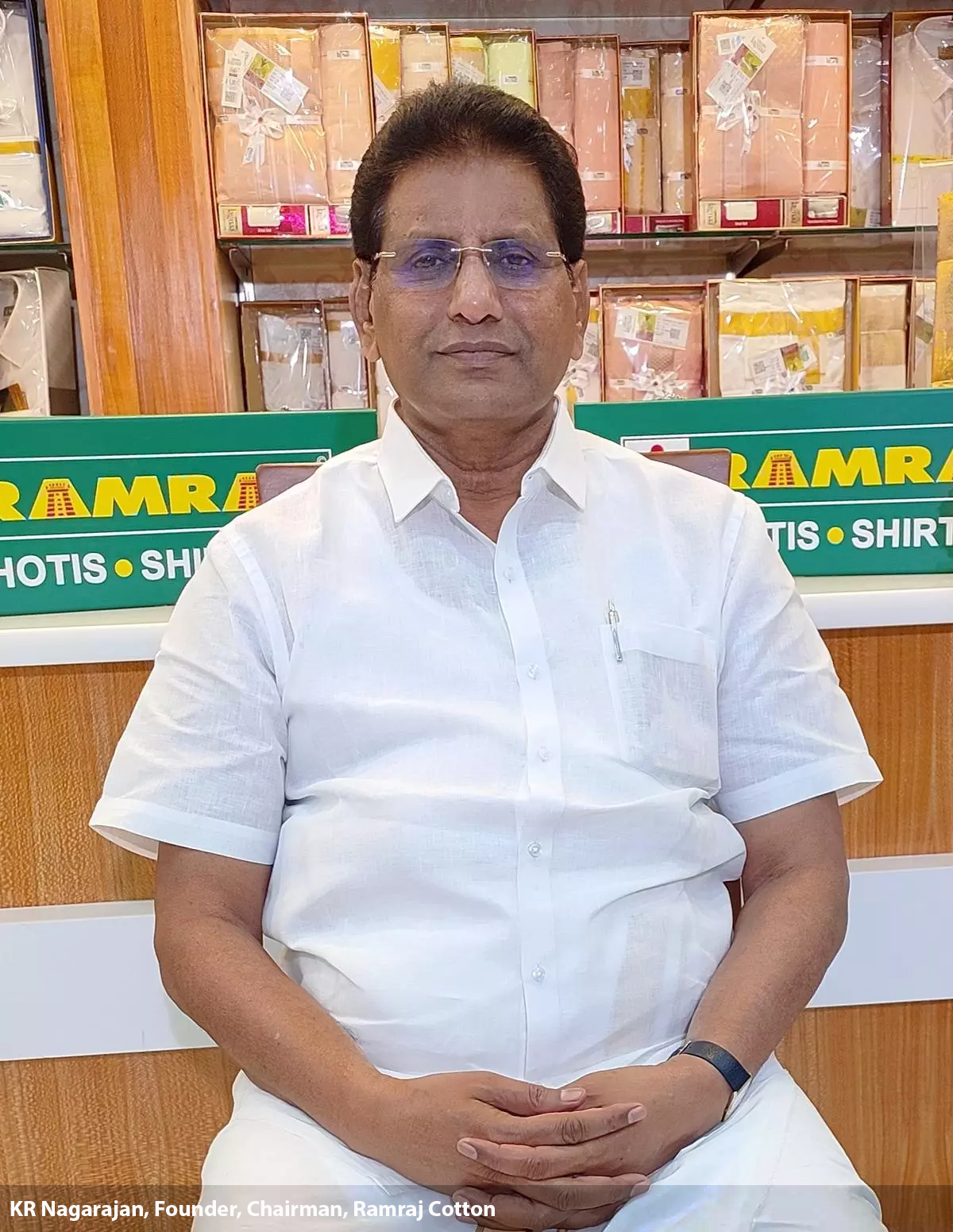
Category: General
Country: India
Region: Asia
By Aishwarya Kumar
Updated - 23rd September, 2024 at 03:27 PM.
The political instability in Bangladesh has opened up immense opportunities for Indian textile companies. While these opportunities present a chance for growth, they bring in challenges that must be addressed. The textile industry needs to develop skills and gear up to tap these opportunities, said the Ramraj Cotton founder and chairman, KR Nagarajan.
In a conversation with businessline, he explained India’s challenges noting that the Indian textile sector needs to focus on talent development while addressing labour shortages.
“There is a significant gap in skills development in the textile industry. Tiruppur exported ₹30,000 crore worth of textiles last year, but to double that to ₹60,000 crore, we need to bridge these gaps. While automation has transformed functions like spinning, weaving, and dyeing allowing machines to handle much of the work, garment production which includes processes like designing, laying, marking, cutting, sewing, finishing, pressing, packaging, sampling, is still largely dependent on human hands,” he explained.
Nagarajan added, “We currently lack the skilled workforce necessary to meet this growing demand. Many of the workers in the garment sector are migrants who do not possess the required expertise, and while some manufacturers can train them, others do not. This disparity creates a challenge in scaling up production efficiently.”
He also highlighted the need for central government and state governments to significantly enhance investments in skill training to capitalise on the available opportunities fully.
In comparison, countries like Bangladesh and China have made impressive strides in the global textile market by prioritising workforce development and skills training. Nagarajan pointed out that India, too, can follow a similar path to empower its workforce, tackling both unemployment and labour shortages simultaneously.
Ramraj Cotton, a partnership firm under ENES Textile Mills, recently launched a store in Jayanagar, Bengaluru, and plans to add around 15 more stores by March 2025. Additionally, it plans to strengthen its foothold in North, East, and West markets while simultaneously expanding its international reach.
Currently, the company exports its products to Sri Lanka, Singapore, and Malaysia, and it will soon enter the UAE market.
“Our focus has primarily been on building a strong presence in the local market, but we are now gearing towards becoming a pan-India brand over the next two years. After that, we will actively pursue international expansion,” Nagarajan said.
With 304 stores across India, including 64 in Karnataka, the company’s manufacturing units in Tirupur, Erode, Salem, and Madurai continue to support its robust production. While the company plans to expand its manufacturing facilities, it has not confirmed any specific locations.
Courtesy: Thehindubusinessline.com
Copyrights © 2026 GLOBAL TEXTILE SOURCE. All rights reserved.